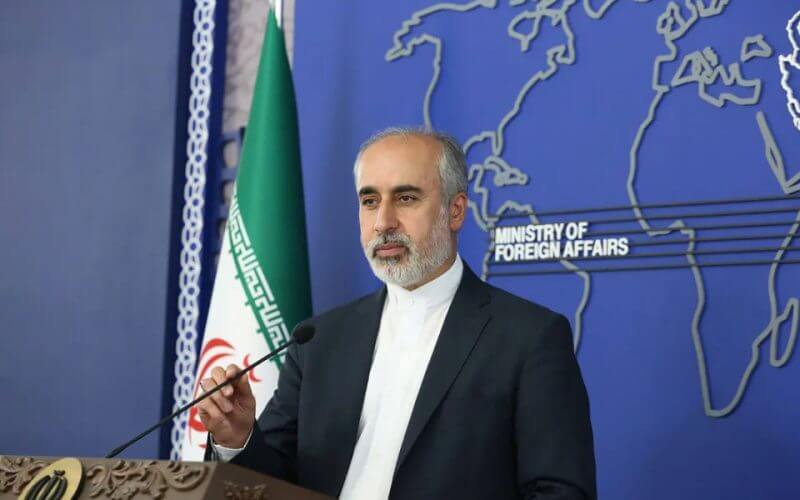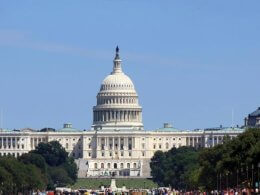On Monday, Nasser Kanaani, the spokesperson for the Islamic Republic of Iran's Foreign Ministry, delivered an extensive statement regarding the regime's policies. The statement, which was published in pro-government media outlets in Iran, represents the regime's current assessment of various matters, signifying Tehran's increasing emphasis on diplomacy in the Middle East while challenging Western powers.
Kanaani explained that the Islamic Republic seeks to improve ties with Riyadh, hoping this will contribute to resolving the Yemen conflict and benefit the Iranian-backed Houthis.
Additionally, Kanaani noted that Tehran is actively engaging in extensive influence peddling and diplomatic initiatives in the Gulf region.
As per the Islamic Republic's Foreign Ministry, the objective is to establish "security" in the region, leading them to dispatch envoys to Qatar, the UAE, and other neighboring states.
"Given Iran's cooperation with the Persian Gulf countries, we naturally recognize the significance of this region."
“They hold particular importance within the Persian Gulf countries' neighborhood policy. Consequently, we observed the diplomatic service head visiting four countries located along the southern border of the Persian Gulf," stated the Islamic Republic's Foreign Ministry.
Tehran also aims to strengthen its relations with Russia.
Kanaani explained that the recent Wagner rebellion is unlikely to impact the ties, as declared by the foreign ministry.
The regime in Tehran vehemently denied allegations of supplying drones to Russia, asserting that their relationship is based on mutual interests.
According to his statement, Iran appears prepared to escalate attacks on the Kurdistan region in Iraq. Tehran stated it was prepared to intensify strikes against Kurdish dissident groups such as Komala, PDKI, PJAK, and others.
Iran had not taken any recent "unusual" actions but was closely monitoring internal conflicts among Kurdish groups.
He argued that these Kurdish dissident groups have a "terrorist nature" and called on Iraq to take responsible measures to suppress them. Iran has previously struck these groups, and recent clashes have involved the PJAK group.
The regime emphasized Europe's need to rectify its behavior when engaging with Tehran.
The Foreign Minister criticized Europe's sanctions on Iran, particularly regarding drone supply to Russia, asserting that Europe is moving in the wrong direction.
The regime has been engaging with Europe, as evidenced by the recent meeting between Iran's chief atomic negotiator and the European Union coordinator for the Iran nuclear talks.
Amid swirling rumors, Iran’s regime dismissed any speculation about a prisoner exchange with the U.S. and claims of a "mini" agreement on Iran's nuclear program.
Experts say that Tehran seeks to secure the release of European and American prisoners to strengthen their standing in ongoing negotiations and obtain more economic concessions from the West. In response, Iranian Americans and Europeans have called on their governments to cease talks with Tehran and stand with the people of Iran who are protesting the Ayatollahs and demanding freedom.
Related Story: Secrecy & Back Channels – Latest on the Iran Nuclear Deal










